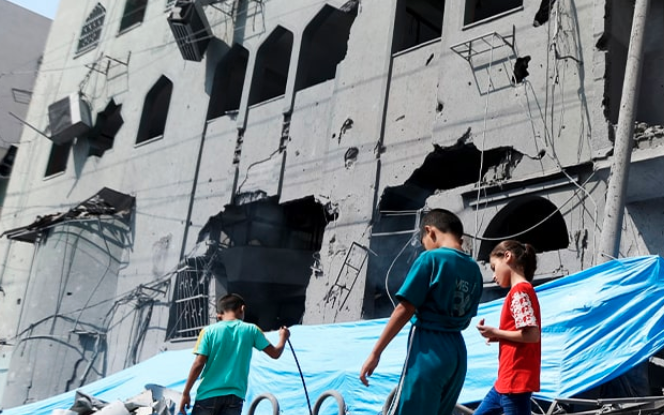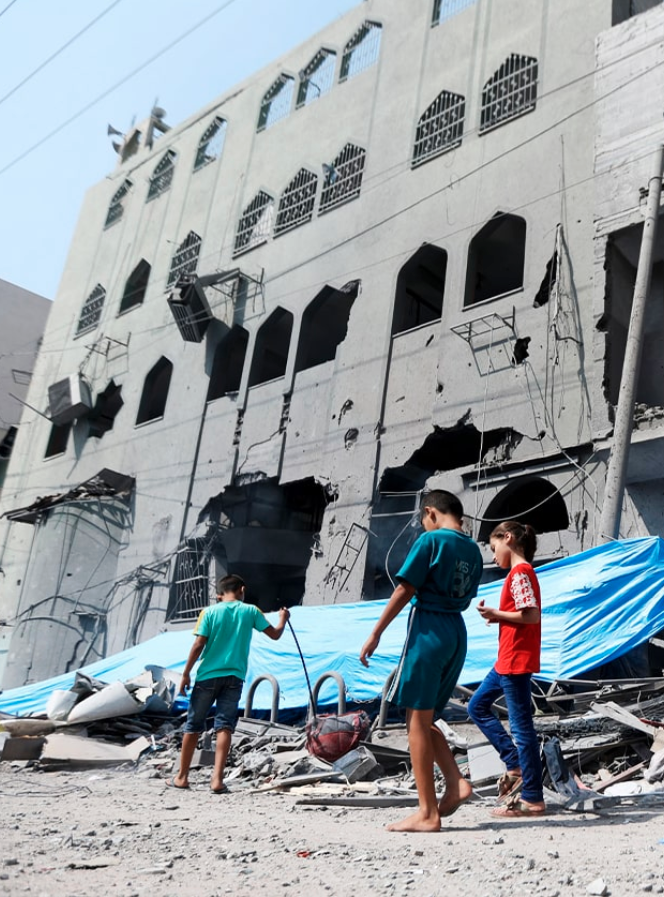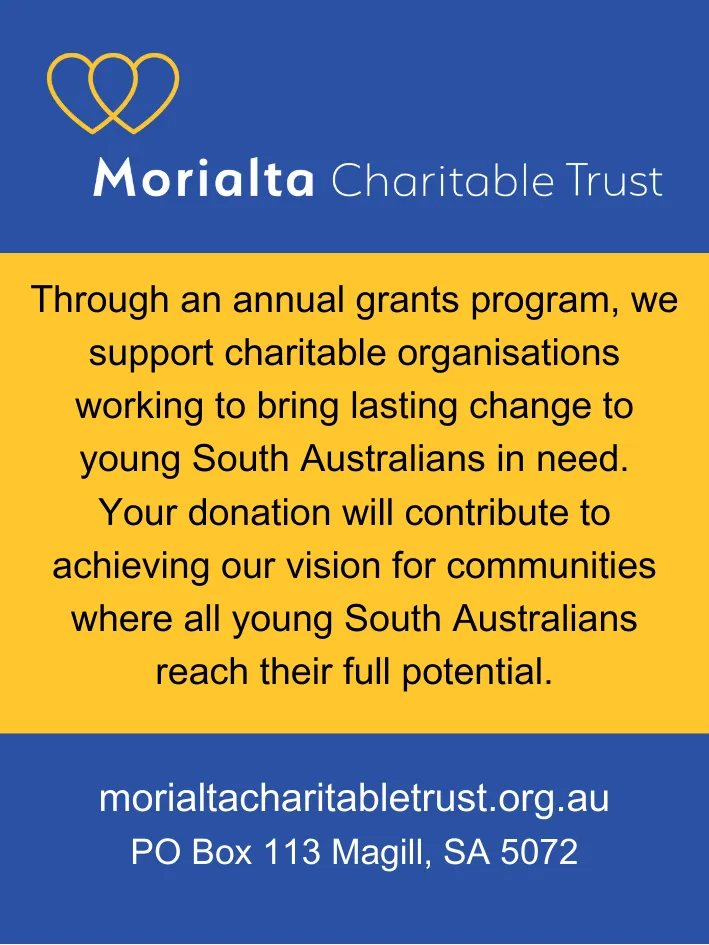
Recent devastating events in Israel and Gaza have led to thousands of people dead, and over a million displaced from their homes without food or water. Here’s a brief look at the humanitarian impact of the current crisis in the Middle East.
Since war broke out in Israel and Palestine, thousands of Israelis and citizens in Gaza have been killed, and tens of thousands more have been injured.
As families bury their loved ones and others flee for safety on foot, it’s devastating to know that these numbers will continue to rise. Here’s a brief look at the humanitarian impact of the current crisis in the Middle East.
Recent Events
On October 7, Islamist militant group Hamas, which has controlled Gaza since 2007, launched an unprecedented attack on Israel. More than 1,400 people were killed and an estimated 199 hostages were taken from towns in Southern Israel, including women, children and the elderly.
Following the attack, the Israel Defence Forces (IDF) retaliated with an uninterrupted bombing campaign across densely populated neighbourhoods in the Gaza strip. According to latest reports, close to 6,000 people have been killed*, many of them civilians and at least half of them children.
The IDF has now warned of an imminent military ground operation in Gaza. This has caused mass movement from the north to the south of the strip as around one million people flee their homes—almost half the total population of Gaza.
In Israel, 500,000 people have been evacuated from their homes for their safety. Many are from Sderot, a town in Southern Israel near the border of Gaza which has been fully evacuated after attacks from Hamas.
The Situation in Gaza and the West Bank
UN official Philippe Lazzarini describes the situation in Gaza as ‘an unprecedented humanitarian catastrophe . . . unfolding under our eyes.’ Civilians have extremely limited access to clean water, fuel, food, and medicine. Families must severely ration their dwindling food and water supplies while sanitation services have collapsed, increasing the risk of water-bourne diseases.
Fierce bombing has destroyed critical infrastructure such as hospitals, ambulances, schools, places of worship, and key access roads, making it difficult for those who have been displaced to find safety. Fuel for generators powering medical facilities is running low, and a recent explosion at a Christian hospital in Gaza City is reported to have killed hundreds of people.
This conflict is expected to dramatically increase the need for access to mental health and psychological support for all affected communities, especially among young people. Years of conflict have created a significant number of people with physical disabilities, and many more who have been injured this past week require critical hospital care.
The Australian Government is providing $10 million in aid to assist civilians impacted by the conflict in Gaza. ‘Adherence to international humanitarian law must be prioritised, including the protection of civilians, wherever they live,’ said Foreign Minister Penny Wong.
On the West Bank, communities are facing increasing violence and tension as all entrances and exits in and out of the region are closed. Almost 9,000 people have been killed, and over 1.4 million people have been dissplaced. Meanwhile communities in neighbouring countries, such as Lebanon, are taking steps to prepare in the event that conflict spreads across the border. In recent days there has been mounting tension at the Israel/Lebanon border, with residents of 28 communities within two kilometres of the border evacuated.
The Toll on Humanitarian Response
Securing safe access to provide humanitarian aid to citizens in Gaza is extremely difficult. The only viable entry-point into the strip is the Rafah crossing, located on the southern border with Egypt. Currently the entry-point is closed, and there is uncertainty over when—or if—it will be opened by the Egyptian government. Meanwhile, humanitarian convoys carrying supplies for civilians are waiting on the Egyptian side of the crossing, ready to enter as diplomatic negotiations continue. Supplies are also being stockpiled in the West Bank.
Conflict is also taking its toll on humanitarian and medical teams, many of whom have been killed or injured while providing life-saving care. Exhausted and traumatised, many workers have also lost their family members and homes.
Let us mourn with all whose loved ones have been killed or are held captive. Let us follow paths of peacemaking that unequivocally reject terrorism or any acts that target civilians.
Baptist World Alliance
Baptist churches across Israel and the Palestinian territories, including Gaza Baptist Church, have requested fervent prayer for peace. ‘Let us mourn with all whose loved ones have been killed or are held captive. Let us follow paths of peacemaking that unequivocally reject terrorism or any acts that target civilians,’ the Baptist World Alliance said, in a statement on behalf of churches in the region.
‘Let us generously provide help and support with the compassion of Christ. Let us stand together with our Baptist family and all who are suffering, and amidst complexity and violence, we hear again the words of the prophet Micah, “to act justly and to love mercy and to walk humbly” in pursuit of restorative justice, and peace for all people’.
We need your help now! Your donation will enable our Christian Partners to provide urgent assistance to civilians affected by this conflict as soon as humanitarian corridors are open.
*Source: Relief Web





